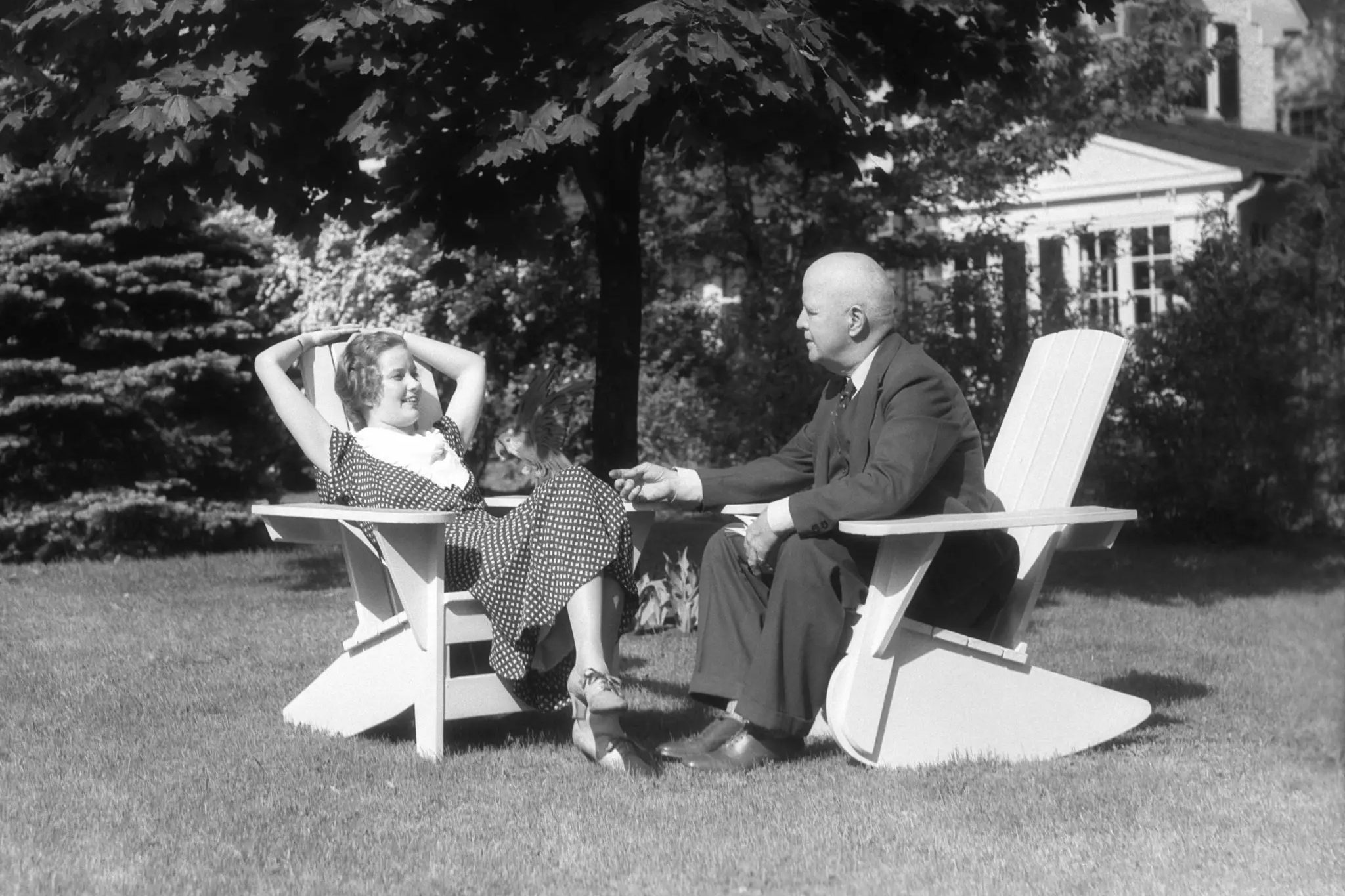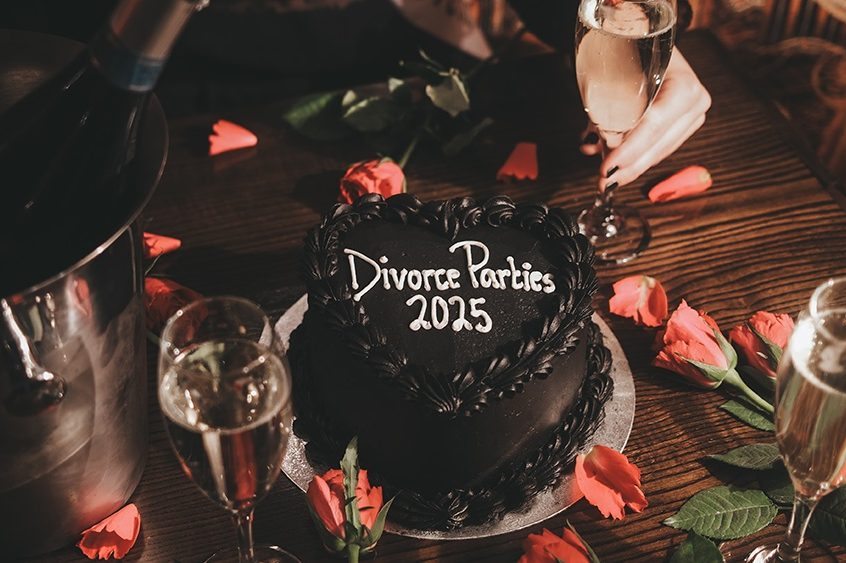London
When an old friend says to you, “we must meet up for lunch sometime,” you can be sure of one thing: you will never meet for lunch.
Why? Because your friendship is over. The clue is in the word “sometime.” It’s a rain check that never gets cashed. It’s what friends say to each other when they feel obliged to see a friend they don’t really want to see — but they don’t want to dump either.
We all have friends like these: I call them the Undead friends, when the friendship is neither fully alive nor totally dead. You don’t delete them from your contact list — just your social life. This will lead to the odd spasm of guilt but don’t worry; we all do it. And it gets done to us too. There are people you think of as your great friends. People you’ve known and loved forever and assume they feel the same way about you too. But guess what? They’re dreading having lunch with you or meeting for a “catch-up” drink. Yep, it hurts. And I’d like to say it’s nothing personal. But it is. It used to upset me, but not now. Like love affairs, friendships have their time — the trick is to know when to let them go.
I’ve been thinking a lot about friendship lately because I recently turned seventy and was considering throwing a big birthday party. So I drew up a list of friends I’d like to invite. I had about fifty names — at least I did until I actually asked the killer question: is this person really a friend? Or are they a contact or an acquaintance? Consequently, I ended up with a party list of four people. That’s not even enough for a dinner party. So, I’ve decided to wait till I’m eighty for my big birthday bash.
Everyone keeps saying to me: you must have a party! It’s your seventieth! But why? Birthday parties are for small children and really old people. (I’m not quite there yet.) Nobody really loves birthday parties, unless it’s their own. No one gets drunk, no one meets the love of their life and no one gets laid at a birthday party. And you have to stand around and listen to long speeches full of supposedly hilarious anecdotes about how wonderful the birthday person is. I always stand there thinking: for Heaven’s sake cut the speeches and let’s cut the cake.
I’ve been trying to change my whole way of interacting with people. I even have a new guru to help me: David Brooks. Yes, the once very conservative New York Times pundit who now writes personal-growth books for successful people trying to find a meaningful life after they’ve become successful. Personally, I’m still trying to find a meaningful life after failure. Brooks is a brilliant guide to resetting your moral and spiritual compass, but my hip friends mock me for quoting him. They think it’s a sign of intellectual senility.
I’ve been studying his book, How to Know a Person. In it he offers a radical approach to relating to other people. He writes that we need to learn how to really look and listen to people without our preconceptions determining our perceptions. I agree. In these polarized times listening to other people has never been so hard. Brooks wants us to see the “infinite value and dignity of each person” we meet. It’s a noble idea, but is it possible?
I’ve been trying to put Brooks’s teaching into practice. I go to parties with an open mind. Where once I scanned the room for famous faces and interesting women I now search for inner beauty and infinite dignity. (Stop sniggering! I mean it.) It’s quite a challenge finding the “spark of the transcendent” and the “infinite value and inner dignity” of a bunch of drunken hacks and writers stoned on ketamine and mushrooms, with coke snot dripping from their noses, blathering on incoherently about the horrors of AI or the horrors of their useless agent till two or three in the morning.
Not that I ever manage to stay up that late — but I hear the morning-after tales and listen to the howls of anguished hangovers. How do people stay up all night talking gibberish? Drugs and drink. OK, that’s the how, but what’s the why? Is it a fear that if they go home to bed they will have missed out on something?
All my friends think I’m a bit of a bore because I usually bail from social events around 10 p.m. If I want a really wild decadent evening I’ll stay up till 11:30. It’s not that my friends are boring — I’m boring! I only have about forty-five minutes of interesting conversation — the rest is just blah-blah.
And besides, I don’t get the appeal of doing all-nighters. You’re just doing exactly the same thing you did in the first three hours. It’s Groundhog Night. People mistakenly think, one more drink or one more line and they can recapture the fun bit of the earlier part of the evening, but they can’t. The best bit is over. So here’s my bit of old guy wisdom for the day: go home and go to bed.
This article was originally published in The Spectator’s November 2024 World edition.


























Leave a Reply